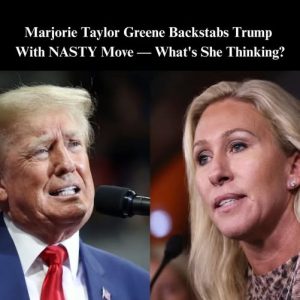On Day 13 of the ongoing government shutdown, House Speaker Mike Johnson sharply accused Senate Majority Leader Chuck Schumer and House Democrats of deliberately postponing a government reopening until after a planned left‑wing “No Kings” rally scheduled for October 18 in Washington, D.C. Johnson characterized the rally as “hate America,” linking it to pro‑Hamas, Antifa, and Marxist groups, and claimed Democrats were stalling negotiations to cater to their activist base. He also criticized the Democrats’ budget proposals, particularly foreign aid initiatives, as wasteful.
Johnson’s remarks drew responses from multiple fronts. The White House and Treasury Secretary Scott Bessent echoed Republican assertions, framing the rally as symbolic of the shutdown’s human toll: “no paychecks and no government.” Meanwhile, several Democrats broke ranks in public. Senator John Fetterman (D‑Pa.) criticized the shutdown strategy, urging both parties to reopen the government and resume bipartisan negotiation—specifically, on health care subsidies. Moderate senators, including Catherine Cortez Masto (D‑Nev.) and Independent Angus King (I‑Maine), supported a GOP stopgap funding bill to end the shutdown, though it failed to overcome the 60‑vote threshold in the Senate.
The “No Kings” protest movement is organized by progressive coalitions opposed to perceived authoritarianism and executive overreach. The initial demonstrations were largely peaceful and grassroots, as explained by organizers. Republicans, in contrast, have portrayed the upcoming protest as radical and inflammatory. Johnson’s rhetoric frames the rally not only as a political flashpoint, but also as a reason (in his view) Democrats are delaying essential funding decisions. The standoff underscores how protests, intra‑party pressures, and ideological tensions are woven into the broader congressional impasse.



